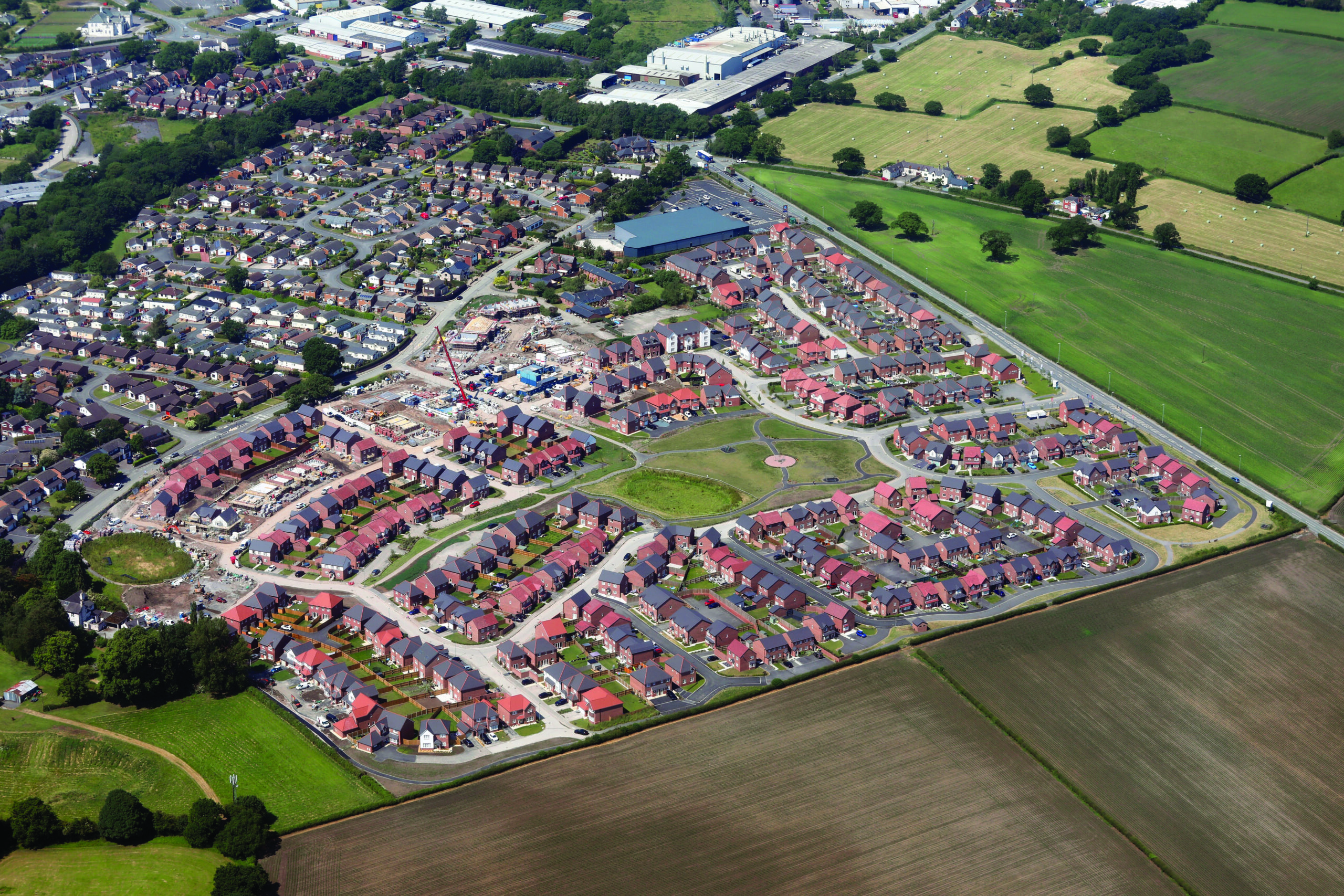Protect your land and property interests with an Option Agreement
With the Planning and Infrastructure Bill currently making its way through Parliament this summer, it looks increasingly likely that some land which had previously been ruled out for development or energy infrastructure projects such as solar farms, will now have greater potential for gaining planning permission in the future.
The government wants to build more homes and through the Bill it is also reducing the opportunities for legal challenge and aims to speed up the planning process. Planning in the future will become more strategic and local authorities will need to provide a strategic plan (Spatial Development Strategy) for each local area.
There will also be an increase in the number of development corporations, the publicly owned delivery vehicles that will help create new towns where they are most needed. The Ebbsfleet Development Corporation, for example, has been very successful in delivering new homes in North Kent.
Within the Bill there are currently more provisions for the compulsory purchase of land. Worryingly for some landowners is the possibility that a local authority may in the future be able to approve their own Compulsory Purchase Orders and disregard ‘hope value’ when deciding compensation.
Landowners, especially those who own land adjoining built-up areas, should be proactive and start considering now what the future use of their land might be, to ensure the maximum value is achieved.
Whether you decide to approach a developer or they contact you, what should you consider, to protect your interests?
Options Agreements
An Option Agreement is an agreement between a landowner and a developer and provides a way for landowners to increase the value of their land without having to incur the costs of obtaining planning permission. Typically, the developer may agree to pay for the landowner’s legal fees and other upfront costs of the landowner which are then deducted from the final purchase price should the developer exercise the option and acquire the site.
The agreement is a contract which allows the buyer (usually a developer) to serve notice on the owner to sell them the land and/or property at the agreed price and agreed time, but being an option, the developer has the choice about whether to proceed with the purchase or not. For this they usually pay the landowner a fee to fix the option for a set period of time.
Landowners who are approached by a developer should consider a number of issues before entering into an option agreement, such as:
• What is the objective of the project, how will it affect their other land holdings/ farm operations and how much money can the landowner expect to receive?
• How much involvement do they want to have with the project, and will they need to appoint someone to act on their behalf?
• Can they continue to use the land whilst it is subject to the planning process?
• How much access to the land or property will the buyer need to carry out their own due diligence?
• Will the project impact on any other planning applications the landowner may want to make on neighbouring land or buildings as it is common for there to be a restriction in place?
• Will the landowner benefit from the full value of the land from the agreement, or could the developer seek to change the planning permission in the future?
• How long is the period of the Option for? Can the developer extend it?
• Is there scope for overage in the future to provide the landowner with additional payments if there is more intensive development of the site than originally envisaged?
There are alternative structures to an Option Agreement such as a Conditional Contract, Unconditional Contract, Promotion Agreement or a Joint Venture Arrangement which provide landowners with differing means of securing obligations from developers and realising the capital value of their property.
Whatever type of agreement you choose, it is important to ensure that all the terms are carefully considered and it is accurately drafted to protect the commercial and legal interests of each party.
Here at Gullands we have worked with many local landowners in Kent and beyond on various development projects, guiding them through the process to ensure they achieve their goals whilst protecting their legal interests.
If you would like to discuss your legal requirements regarding your land or buildings, please do get in touch with us today.
Catherine Lloyd is a partner at Gullands Solicitors c.lloyd@gullands.com

 Close Menu
Close Menu















